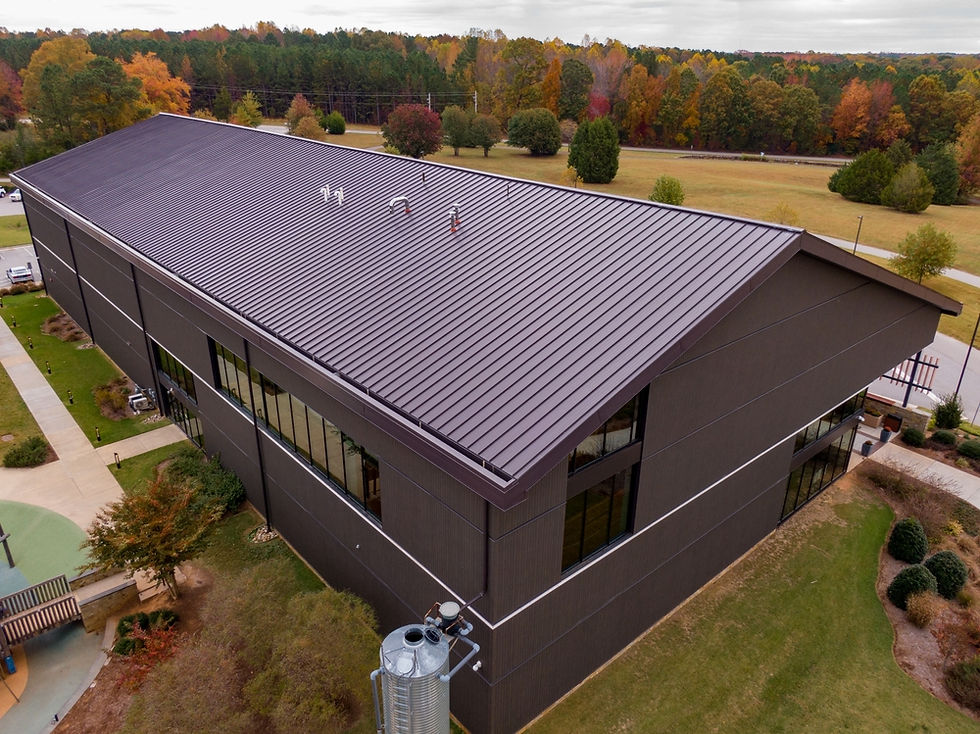Emergency Plumbing - What Can You Do?
- annawrench1315
- Jul 16, 2019
- 3 min read
Generally, the word ‘emergency’ brings to mind a picture of someone with a heart attack or some other medical problem. However, there are also other emergencies they come in all sorts of ways and with varying intensities. Tackling them can be a real challenge. However, the best way to approach the matter is not to let them occur or minimize their occurrences in the first place. Prevention, they say, is always better than cure. Plumbing emergencies are also best handled in this way.
Most of the times, it is occurrences like gas leaks, blocked drains, and broken pipes that require a desperate call to the nearest plumber or companies providing similar services nearby. Finding such services may not always be easy depending on where you stay. Also, another bother is the high charges that such emergency services cost.
Approach to Emergency Plumbing
Here are some simple yet important steps to help you through emergency plumbing.
Do not panic. Keep emergency plumbing services number always handy.
If you do not have one, check the local directory or find such a service online. Make sure to search for services near your house first.
Maintain a good relationship with your plumber. For this to happen, you will need to have a regular plumber or such a service in the first place. When the need arises even at odd hours, they will be happy to help and may not charge you a bomb.
After the emergency has been dealt with, ensure you understand exactly what caused the emergency and what could be done to prevent it.
It’s an irony but our motor vehicles may not breakdown as badly as the plumbing in our houses. The reason for that lies in the fact that while we periodically service our vehicles, we do not think about inspecting our plumbing lines, pipes, faucets, etc. to check for damages or probable weak spots that can blow off easily. With regular attention and periodic inspection, the plumbing in our house will not malfunction and create an emergency at the most unwanted times, saving much time, efforts, and more importantly huge expenses.
Things You May Do When an Emergency Arises
If you know what can probably malfunction, dealing with it becomes easier. Here is a list of some of the most common things that may likely cause emergency plumbing.
1. Leaks: If there is a dedicated valve to the individual leaky fixture, shut it off. Look for objects that may causes blockages like debris, hair, soap residue, and food particles. Call the emergency plumber to fix the rest.
2. Broken/Burst Pipes: Aim at stopping the flow of water through the affected pipe. You may do this instantly by turning off the main water supply to your house. You may turn on other taps in the house to drain off the water trapped in other pipes. For pipes that burst due to freezing of water, after having turned off the main valve that supplies water to your house, you may then thaw the frozen water inside the pipe by applying heat. Such thawing must be gentle as an immediate change of temperature may lead to bursting of the pipe from other areas due to increased pressure. Later, you can call the emergency plumber to replace the broken pipe. Insulating the pipe properly can be done to prevent this emergency plumbing from repeating itself.
3. Gas Leaks: It is best to empty the building when a gas leak is suspected. Trying to handle such an emergency on your own is not recommended as it can be deadly. Under guidance, you may turn off the main valve. Immediately call the emergency service.
4. Clogged Toilets/Drains: Use methods to unclog the drain like commercially available chemicals, baking soda, and white vinegar, hot water, and plungers. You may then call for help to prevent such a mishap from recurring.
Conclusion
Like all other emergencies, emergency plumbing can be avoided. A stitch in time saves nine preventative inspection and periodic maintenance will go a long way in avoiding such emergencies from occurring. And, when they occur do the above-mentioned things to deal with them effectively.








Comments